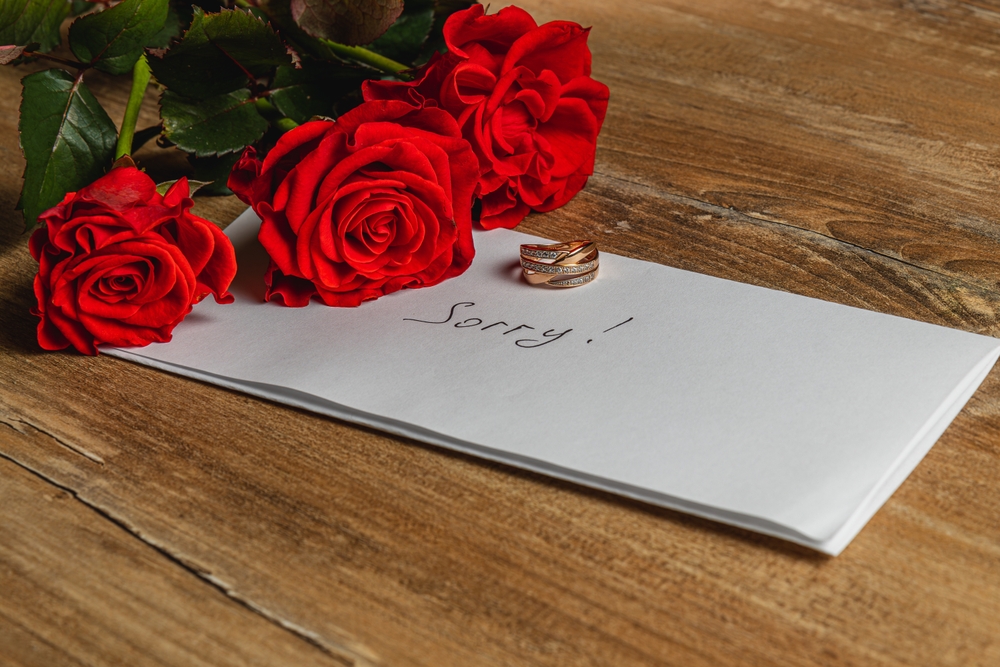Rejection is one of the hardest emotional experiences we can go through—especially in relationships. Being turned away can leave a painful mark, whether it’s a romantic partner, close friend, or someone you admired from afar. The sting of rejection can make you question your worth, your identity, and your ability to connect with others.
If you’re dealing with the heartbreak of rejection and the weight of loneliness that often follows, you’re not alone—and you’re not broken. Here’s how you can begin healing, reclaim your self-worth, and find meaningful connection again.
Why Does Rejection Cut So Deep?
Humans are wired for connection. We all want to feel accepted, valued, and loved. So when someone we care about pushes us away, it hits a primal nerve. Even those who pride themselves on independence are not immune to the deep ache that rejection can bring.
You may find yourself spiraling into a cycle of self-doubt: If only I were more attractive, more successful, less awkward… maybe they wouldn’t have left. But this line of thinking rarely reflects the full picture.
The truth? Rejection isn’t always about you.
How Relationship Rejection Impacts Your Mental Health
Rejection, especially from someone you care about, can leave emotional scars. Here are some common ways it might affect you:
- It Chips Away at Your Self-Esteem
It’s easy to internalize rejection and see it as evidence that something is wrong with you. But often, rejection says more about the other person’s needs, fears, or limitations than it does about your value.
- It Triggers Anxiety
After being rejected, you might become fearful of putting yourself out there again. You may second-guess your words, avoid vulnerability, or feel on edge in social situations. This anxiety can make future connections feel risky and stressful.
- It Complicates Future Relationships
Unresolved rejection can lead to insecure attachment. You might become clingy or overly accommodating to avoid more rejection—or you might shut down completely and avoid intimacy altogether.
- It Can Feel Like Grief
Rejection often involves the loss of a person or future you were attached to. This grief can bring sadness, anger, denial, and even guilt.
- It Deepens Loneliness
When rejection hits your confidence, it’s easy to withdraw. You might isolate yourself, avoiding people who care about you out of fear of further hurt, which only intensifies your loneliness.
How to Cope With Rejection in a Healthy Way
You can’t just “snap out of it.” Rejection hurts—but healing is possible. Here are a few steps to support yourself through the process:
- Acknowledge and Validate Your Emotions
Let yourself feel sad, angry, confused, or disappointed. These feelings are natural. Try journaling, talking to someone you trust, or using a mood-tracking app to process what you’re experiencing.
- Practice Self-Affirmation
Remind yourself of who you are outside of this rejection. Write down your strengths, values, and qualities that make you unique. Repeat affirmations like, “I am worthy of love and respect.”
- Be Kind to Yourself
Don’t beat yourself up over what you could have done differently. Nobody is perfect, and relationships are a two-way street. Give yourself the same compassion you would offer a friend in your position.
- Do What Brings You Joy
Reconnect with hobbies, interests, and passions. Creativity, movement, and time in nature can all boost your mood and help you re-center.
- Stay Connected
Even if it feels hard, spend time with people who uplift you. Connection doesn’t have to be deep or emotional—it can be as simple as a walk with a friend or a phone call with a loved one.
- Talk to a Therapist
A mental health professional can help you explore the deeper roots of your reaction to rejection. Therapy can be especially helpful if you notice patterns of fear, abandonment, or self-criticism that show up repeatedly in relationships.
What Not to Do When Dealing With Rejection
Avoid these common traps:
- Trying to change yourself to win someone back
- Obsessively analyzing what went wrong
- Believing you’ll never be loved again
- Shutting everyone out
- Ignoring your emotions
- Making rejection part of your identity
Healing Is a Journey—Not a Destination
There’s no timeline for healing from rejection. But every step you take toward understanding, processing, and nurturing yourself brings you closer to the kind of love and connection you deserve.
You don’t have to go through it alone. If you’re struggling to move forward, reaching out to a mental health professional can be a powerful first step. Whether you’re recovering from a breakup or trying to build healthier relationships, support is available—and healing is possible. You are not your rejection. You are still worthy of love, belonging, and connection.


